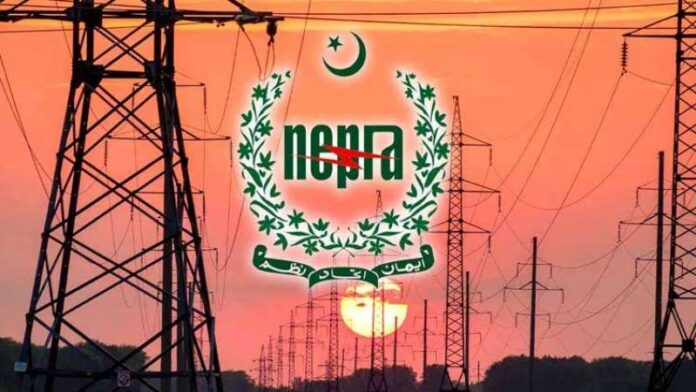ISLAMABAD: After holding a crucial public hearing on the federal government’s
proposed electricity tariff increase of Rs 7.12/unit for the power distribution companies (DISCOs) and K-Electric (KE), National Electric Power Regulatory Authority (NEPRA) has reserved its
decision.
On Wednesday, the National Electric Power Regulatory Authority (NEPRA) conducted a hearing in response to a motion filed by the
federal government regarding the recommendation of consumer-end
tariffs for Distribution Companies (DISCOs) and K-Electric.
This motion, filed under Sections 7 and 31 of the NEPRA Act, was accompanied by the Tariff (Standard & Procedures) Rules of 1998.
Previously, the federal cabinet had approved an increase of up to Rs. 7.12 per unit in the base electricity tariff, which was scheduled to take effect from July 1, 2024.
The hearing, presided over by Waseem
Mukhtar, Chairman NEPRA, was attended by officials from the Power Division, Central Power Purchasing Agency (CPPA), and CEOs of electricity companies.
Power Division officials assured that there would be no increase in electricity tariffs during the summer for 86% of domestic consumers in the country.
They highlighted that the government is providing substantial subsidies—Rs. 177 billion for K-Electric and Rs. 313 billion for consumers of DISCOs.
Member NEPRA, Maqsood Anwar Khan, emphasized that 65% of customers would not be affected by the hike, though he urged a review of the data to confirm this.
Officials revealed that the electricity price had been fixed at Rs. 300 per dollar, with capacity payments increasing by 38 paise per unit compared to the previous year.
They also stated that Rs. 490 billion in
subsidies would be allocated for domestic consumers, ensuring relief of Rs. 4 to Rs. 7 for 86% of them. Additionally, a Rs. 730 billion cross-subsidy would be provided to DISCOs consumers.
Despite the proposed tariff increase, Power Division officials assured that there would be no major hike, describing the change as a tariff resetting. They argued that the adjustments ending in July would further reduce consumer bills, and that keeping tariffs stable was expected to boost industrial growth.
Notably, 77% of industrial consumers would not be subject to fixed charges.
The hearing also addressed inefficiencies in power generation and issues related to capacity payments. Member NEPRA, Muthar Niaz Rana, called for discussions on these topics, including the potential
involvement of Independent Power Producers (IPPs).
Chairman NEPRA expressed concerns about the lack of improvement in bill recovery by electricity companies, questioning whether increasing electricity prices would enhance recovery rates. He urged the implementation of a system of accountability within electricity companies.
The hearing concluded with NEPRA reserving its decision, which will be issued after a detailed scrutiny of the data. The decision will subsequently be sent to the federal government for further action.
On June 14, 2024, NEPRA determined the tariff for XWDISCOs for the fiscal year 2024-25, raising the national average tariff to Rs.35.50/kWh from the previous year’s Rs. 29.78/kWh. These tariffd eterminations were forwarded to the Federal Government for thef iling of a uniform tariff application as per the NEPRA Act.
The federal government filed a motion for uniform tariff application as per the NEPRA Act, seeking to incorporate targeted subsidies, reduce fixed charges, and adjust variable rates. An addendum was
later filed to keep the tariff for residential consumers with consumption up to 200 units unchanged until September 2024.
Wednesday’s hearing was initially scheduled for July 8, 2024, but was rescheduled for July 10, 2024.




